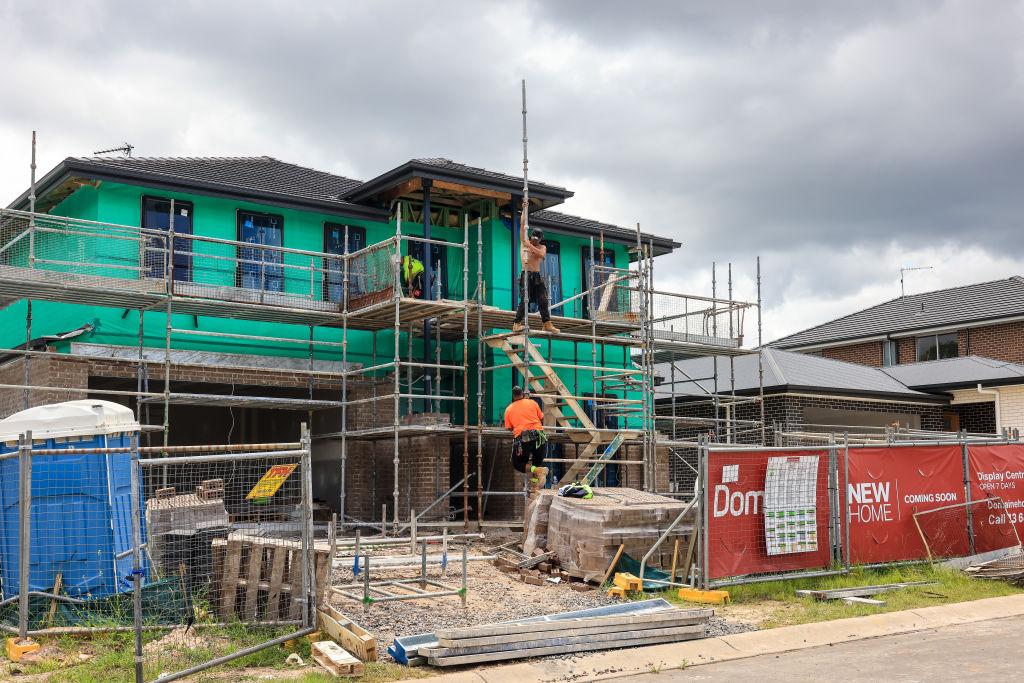Australia’s housing approvals have fallen to an 11-year low despite high demand, adding pressure to the housing market.
New data from the Australian Bureau of Statistics (ABS) showed that dwelling approvals dropped 1.9 percent in February 2024, following a one percent slip in January and a 9.5 percent drop in December 2023.





